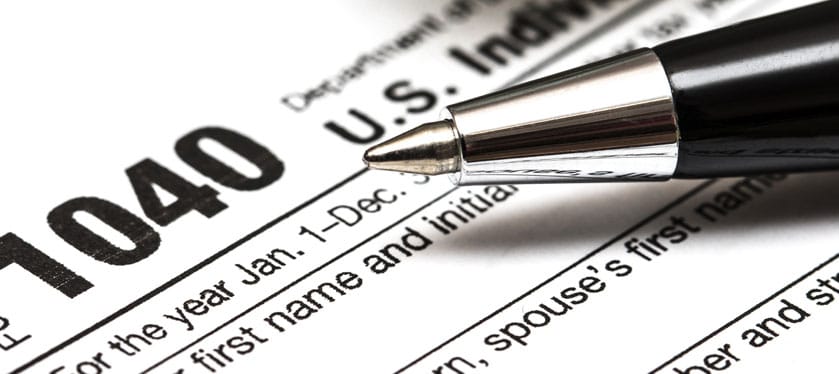Have you Completed Tax Planning for Your Small Business?

What are Pass-Through Entities?
The 2017 Tax Cuts and Jobs Act has created new tax planning opportunities for small businesses for the 2018 tax year. One significant opportunity is that “pass through” entities may receive a twenty percent (20%) tax deduction for qualified business income – effectively reducing a business owner’s taxes by twenty percent (20%). This is known as the Section 199A deduction. However, not all small business owners are entitled to this deduction. Does your business qualify for the Section 199A deduction?
The first question is “Is my business a ‘pass through’ entity?” A business is a “pass-through” if business income is taxed to the individual owner on his or her tax return, rather than to the entity itself. The income is said to “pass through” the entity and on to the individual taxpayer. Pass through entities include limited liability companies, S corporations, partnerships, limited liability partnerships, and sole proprietorships.
Not all pass through entities are entitled to the full deduction, however. The deduction is only available to individuals with taxable income below $157,500 or married couples filing jointly with total taxable income below $315,000. As long as a business owner’s income does not exceed this income threshold, then he or she may take the entire 20% deduction, regardless of his or her type of business. However, if an owner’s income exceeds these levels, then he or she cannot take advantage of the deduction if his or her business is a “specified service business.” Specified service businesses include, but are not limited to, businesses in the health, law, accounting, athletic, consulting, brokerage/investments, and performing arts fields.
Other than this limitation for certain types of businesses, the Section 199A deduction is significantly more complicated if a taxpayer’s taxable income exceeds the above levels. The IRS has issued a 184-page document which provides guidance as to the various complications and restrictions that may arise if the taxpayer’s income exceeds such levels. The IRS guidance can be found here: https://www.irs.gov/pub/irs-drop/reg-107892-18.pdf.
The Section 199A deduction is set to expire after the 2025 tax year, unless it is made permanent by Congress. It provides a significant tax planning opportunity for some small business owners – but, as mentioned above, there are some complex restrictions. For further guidance regarding the Section 199A deduction for your small business, consider reaching out to a tax professional.
Feel free to contact one of our attorneys for more information.







